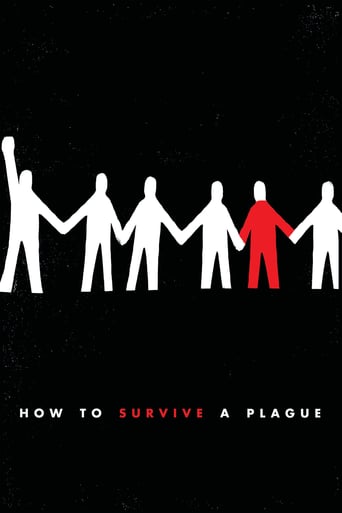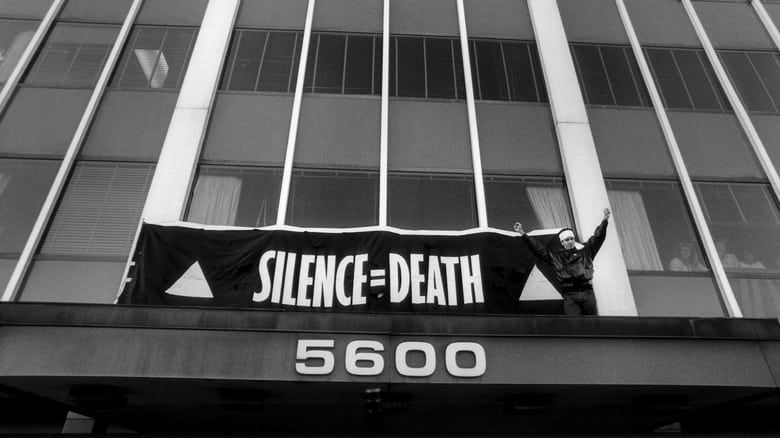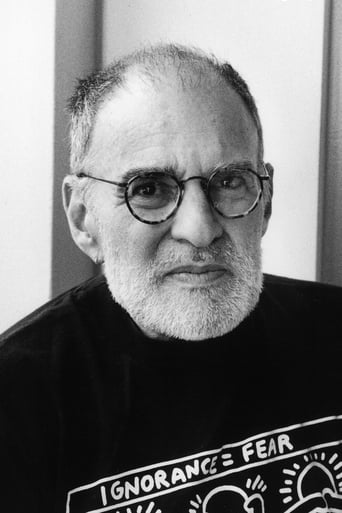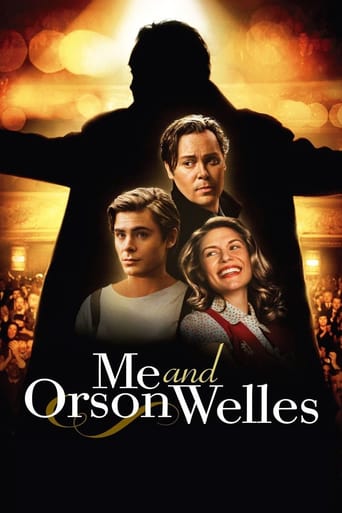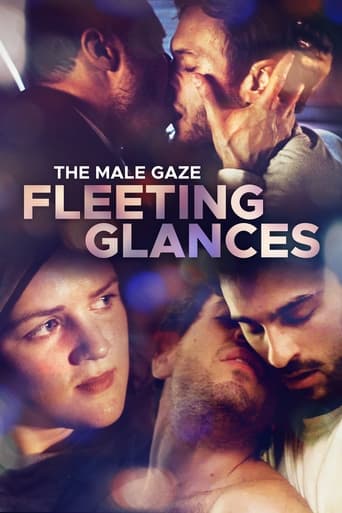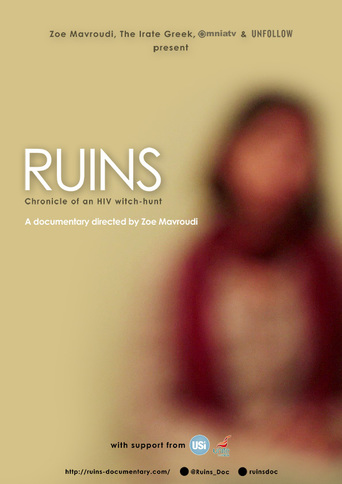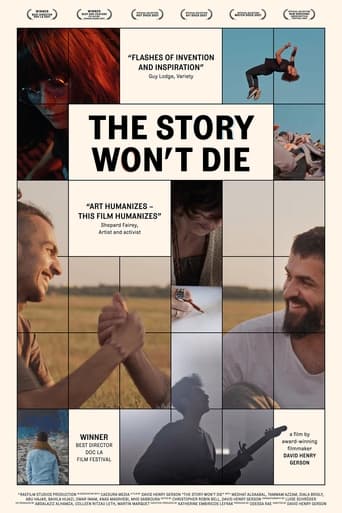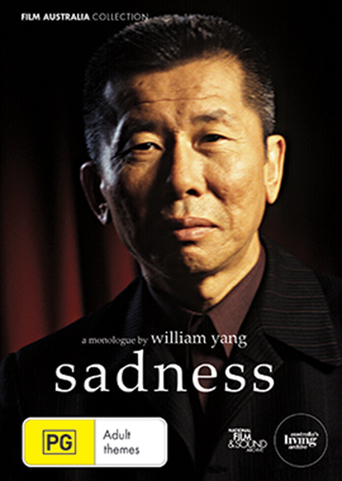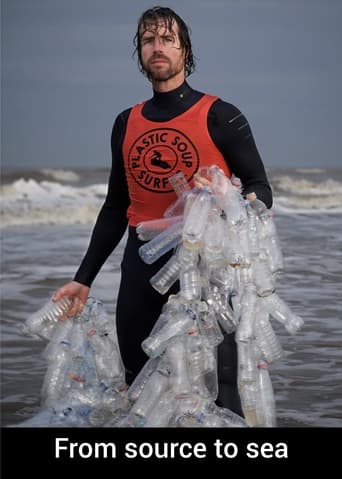How to Survive a Plague (2012)
A story of two coalitions – ACT UP and TAG (Treatment Action Group) – whose activism and innovation turned AIDS from a death sentence into a manageable condition. Despite having no scientific training, these self-made activists infiltrated the pharmaceutical industry and helped identify promising new drugs, moving them from experimental trials to patients in record time.
Watch Trailer
Cast


Similar titles
Reviews
Touches You
Simply Perfect
Clever, believable, and super fun to watch. It totally has replay value.
The movie turns out to be a little better than the average. Starting from a romantic formula often seen in the cinema, it ends in the most predictable (and somewhat bland) way.
This documentary was shown by PBS, in my area, on Monday 12/30/2013. That was GOOD, since otherwise, I would not have watched it, because I didn't even know this 2012 documentary even existed. The BAD part of it, is that PBS showed it from 11pm to 12:30pm, therefore they showed a close to a 1:30 hours documentary and the running time of it is 1:50 hours. That's 20 minutes of footage missing from the original documentary, which was filmed with a running time of 110 minutes. Documentaries are usually well edited, that's why there is always a lot of "extras," deleted scenes and so on. GOOD for PBS for showing it, but BAD (very bad) for cutting 20 minutes from it.
These sort of documentaries really make me mad and sad at the same time. If you really look into AIDS/HIV soon you will realize that it's one of the biggest lies the pharmaceutical tycoons have managed to force feed the general population. They did such a good job that whole groups of activists now scream for drugs that will actually cause "AIDS symptoms" and eventually kill them. Please watch 'House of Numbers' (it's also on youtube) to find out what's really behind the whole AIDS myth.To name a few facts: 1) There isn't a single test one can take that actually confirms or denies that a person has aids the enclosed instruction leaflet always tells you not to trust the results (you could test positive due to a common cold). 2) HIV has never been isolated there are only some vague photo's of something that could be a virus.
After having been very surprised and impressed with the AIDS documentary We Were Here, I thought I'd check out this one too. Unfortunately I found myself very disappointed.The documentary follows the political activism of ACT UP and TAG, and doesn't stray very far from that main track. The filmmakers took a clear political stance on the side of the activists, and much of the documentary smacks of "preaching to the choir." Serious issues are not always taken seriously, and public figures such as George Bush Sr. and Jesse Helms are openly mocked by both the people in the documentary and also the filmmakers themselves.My main disappointment involved the documentary's focus, which fixed unwaveringly upon the activists. To be fair, this might be a good thing if you happen to be interested in ACT UP and TAG. But some websites (e.g. wikipedia) misleadingly suggest that the documentary also discusses more generally the early period of the AIDS epidemic in the United States. In fact, rarely do the filmmakers show us anything beyond the activism itself. It does not delve into any serious scientific issues, nor does it help us understand the early development of attitudes and expectations people had regarding HIV and AIDS. Also note that it only covers the years from 1987 onward. So we don't get to see anything at all about the beginning of the epidemic in 1981-1986.Maybe others would appreciate this film, but I did not enjoy it at all. Even for those who are interested in the subject matter, it's hard to imagine this being a compelling documentary. But for those of us who aren't already interested in this particular thread in the history of AIDS, it falls even flatter. It's not as bad as some documentaries, but I certainly don't recommend it either. Sorry to be so negative, but that's just how I see it.
How to Survive a Plague is definitely one of the year's most awe-inspiring, riveting, go-into- action documentaries. Through a mightily informative combination of recent interviews and archival footage the film exhibits a noteworthy fight against both ignorance and indifference towards such a deadly epidemic as the one caused by the HIV virus. This is also a serious, heartfelt, touching depiction of a movement that was ready to change something, even if it meant sacrificing a few soldiers along the way. And yes, the word 'soldiers' is perfectly suitable when it comes to all those young people who devoted their whole lives to a global, far-reaching cause. Year by year, How to Survive a Plague presents a through and insightful look at the actions that propelled the LGBT activists in some of their most tragic days. Undeniably, the story behind such coalitions as Act Up and TAG are exhilarating ones. Even though the then-deadly virus already infected many of those young people, they still didn't lose faith in the cause and decided to stand up against the government and its reluctance to help those in need. Lead by a few charismatic and devoted individuals Act Up changed to course of history and it's definitely not an exaggeration. By making the whole world aware of the seriousness of this ferocious AIDS plague the activists made the world a place friendly for all inhabitants of this planet, no matter their sexual orientation or skin color. How to Survive a Plague is a clever, intriguing and fortifying documentary. Every scene of the film matters, every voice raised is a significant one. Decidedly so, the interviews shine a new light on the past events presented in the archival footage, and their coming together combines for a valuable film experience.

